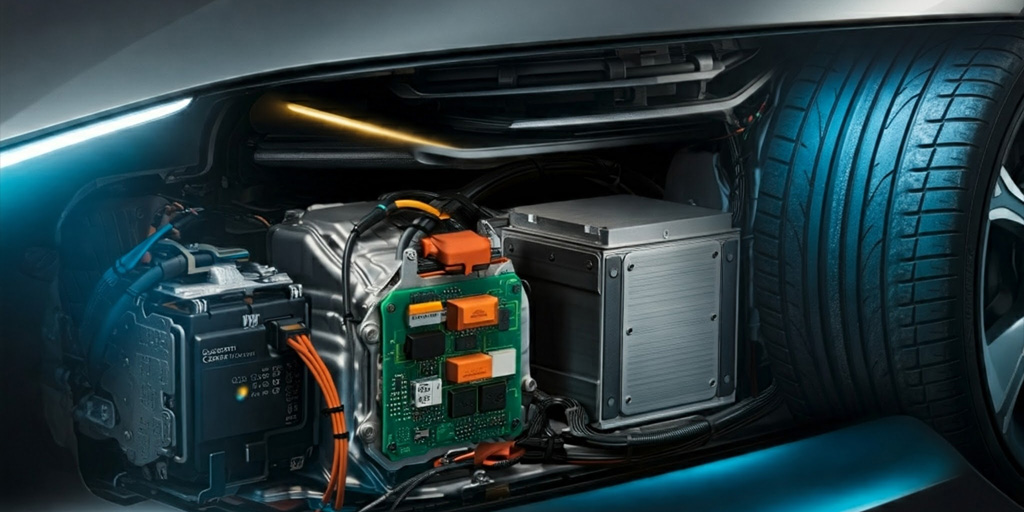Electric vehicles (EVs) have emerged as a promising solution to reduce carbon emissions and combat climate change. However, a significant hurdle to widespread EV adoption remains: the limitations of battery technology. While advancements have been made, the range anxiety associated with EVs persists. This article delves into the current state of battery technology, explores the potential range limitations in the coming decade, and discusses the ongoing efforts to overcome these challenges.
The Current State of Battery Technology
- Lithium-ion Batteries: The dominant battery technology in EVs today is lithium-ion. These batteries offer a good balance of energy density, power, and cost. However, they have inherent limitations, including:
- Limited Range: The range of most EVs on a single charge is still significantly lower than that of gasoline-powered vehicles.
- Charging Time: Even with fast-charging stations, recharging an EV battery takes considerably longer than refueling a gas tank.
- Degradation: Lithium-ion batteries degrade over time, leading to reduced capacity and shorter range.
- Safety Concerns: While rare, lithium-ion batteries can pose safety risks, such as overheating and fire.
Range Expectations in the Next Decade
Despite these limitations, battery technology is rapidly evolving. In the next decade, we can expect significant improvements in:
- Energy Density: Researchers are actively exploring new materials and battery chemistries to increase energy density. This could lead to EVs with a range of 500 miles or more on a single charge, approaching the range of conventional vehicles.
- Charging Speed: Advancements in fast-charging technology are expected to reduce charging times significantly. It’s plausible that EVs could be charged to 80% capacity in under 20 minutes, alleviating range anxiety.
- Battery Lifespan: Improved battery management systems and materials could extend the lifespan of EV batteries, reducing the need for replacements.
- Safety: Ongoing research and development are focused on enhancing the safety of lithium-ion batteries, minimizing the risk of thermal runaway and fire.
Beyond Lithium-ion: The Search for the Next Breakthrough
While lithium-ion batteries are expected to dominate the EV market in the near future, researchers are exploring alternative battery technologies that could offer even greater potential:
- Solid-State Batteries: Solid-state batteries replace the liquid electrolyte in lithium-ion batteries with a solid material. This could lead to higher energy density, faster charging, and improved safety.
- Lithium-Sulfur Batteries: Lithium-sulfur batteries offer a theoretical energy density several times higher than lithium-ion batteries. However, they face challenges related to cycle life and stability.
- Other Emerging Technologies: Researchers are also investigating various other battery chemistries, such as lithium-air and sodium-ion batteries, which hold promise for future advancements.
Conclusion
While battery technology remains a limiting factor for electric vehicles, the future holds promise. In the next decade, we can anticipate EVs with significantly longer ranges, faster charging times, and improved battery lifespan. Beyond that, emerging technologies like solid-state batteries could revolutionize the EV industry, making electric vehicles a truly viable alternative to gasoline-powered cars.
The journey towards a sustainable transportation future is paved with challenges, but the ongoing advancements in battery technology offer hope for a world where range anxiety is a thing of the past.











I really appreciate this post. I have been looking all over for this! Thank goodness I found it on Bing. You’ve made my day! Thx again
Perfect piece of work you have done, this internet site is really cool with wonderful info .